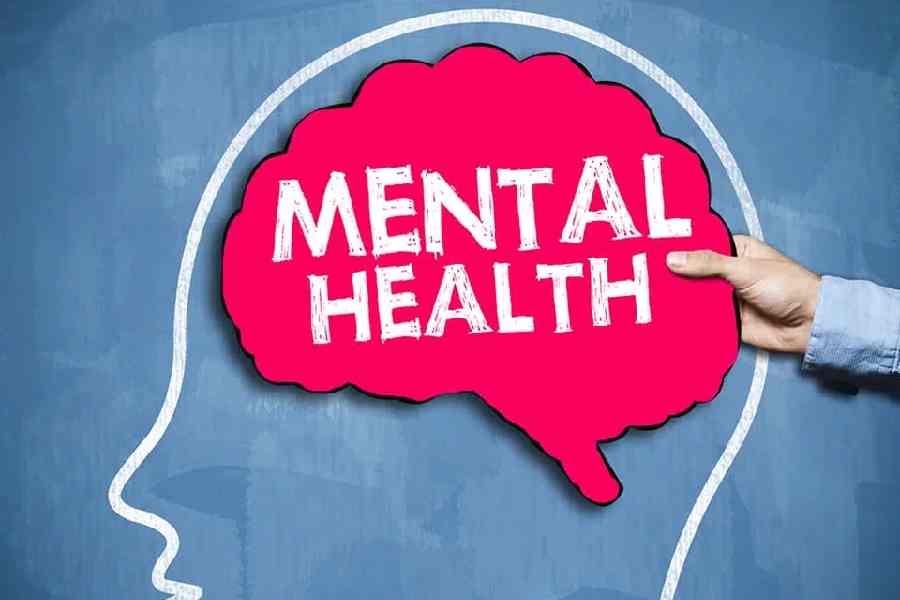ICSE council session on students’ mental health


The ICSE council will conduct an online session for school counsellors, principals and teachers to equip them to address mental health concerns of students.
The online session on Tuesday will equip teachers with “necessary knowledge and strategies to address mental health concerns among students”, the Council for the Indian School Certificate Examinations (CISCE) said in a circular to the heads of its affiliated schools.
“CISCE has consistently taken active initiative in promoting a supportive and inclusive school culture that prioritises student mental health by utilising resources for further support and professional development,” the circular said.
“In line with this, the webinar aims to equip school personnel with the necessary knowledge and strategies to address mental health concerns among students. It also seeks to foster a deeper understanding of the various mental health challenges faced by students today,” said the circular.
The webinar, on “School Mental Health: Interventions and Strategies”, will be held in collaboration with Nimhans (National Institute of Mental Health & Neurosciences), Bengaluru. Doctors and experts in children’s psychology will address the session, the circular said.
The CISCE is known for its initiatives in organising teacher training programmes to enhance the quality of learning experiences of the students of its affiliated schools, the council said in a note emailed to Metro.
“CISCE also released a revised set of guidelines titled ‘guidelines for comprehensive support measures in examinations: concessions and benefits for diverse need learners,’” the note says.
In the guidelines, “...suitable educational assistance and accommodations for students with mental health issues were also outlined, among others,” the note says.
Teachers who are aware of and are able to identify the socio-emotional issues a student might be facing will be able to intervene early on before the challenge turns into a full-blown mental disease,a council official told this newspaper.
“If teachers facilitate a supportive and receptive school climate, then students will feel free to seek help from them, when they feel overwhelmed by life’s challenges,” the official said.
There is a stigma attached to mental health issuesand the taboo exists in schools, too.
“When the CISCE speaks to school heads to build psycho-social support mechanisms in their schools for providing preventive and responsive intervention, we are hopeful that conversation about mental health issues in the school ecosystem will become more open and students would feel heard, accepted and supported by the school community,” a council official said.
Several school principals said that while they have counsellors who interact with children, a session organised by the council would give them an overview of how students in other parts of the country are coping with mental health issues.
The challenges are diverse: from students who fail to fare well in academics to high achievers who are on the verge of giving up because they feel they are unable to live up to the position that they have enjoyed for a long time.
“There are high achievers who fear slipping into the second or third place or do not rank as well as they used to, resulting in low self-esteem. They might have been toppers in their class in their first public exam (Class X boards), but when their scores dip in Class XI they are unable to accept that,” said Damayanti Mukherjee, principal, Modern High School for Girls.
Principals across schools said they see adolescents or teenagers being impacted emotionally because of peer pressure, bullying or complexities arising out of being compared to other peers.
“A mental health challenge of one student in a school in Calcutta might not be typical of him or her. Students across the country could be facing similar challenges,” said Terence John, director of education and development, Julien Day Schools. “A session like this would help teachers be more alert in classrooms and outside,” said John.
Mousumi Saha, principal of National English School, said such sessions would help raise awareness. “Mental health concerns are not visible but they cannot be ignored,” she said.